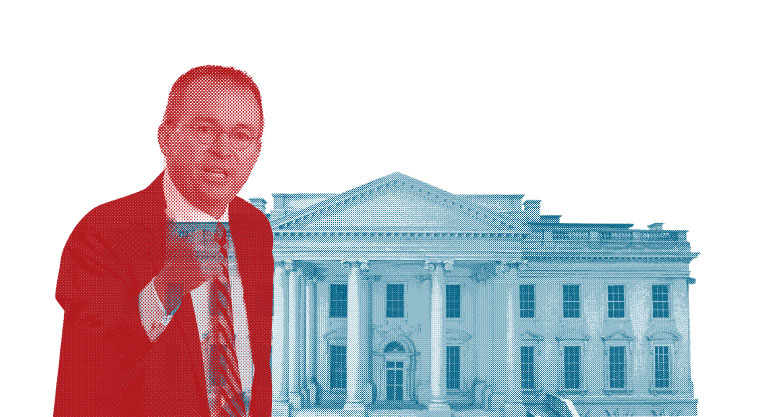Will Trump’s Temporary Chief of Staff Become Permanent?


President Trump announced over the weekend that he would appoint Mick Mulvaney as acting White House chief of staff to replace General John Kelly, who will leave the job at the end of the month. Kelly had been appointed in July 2017 to impose a sort of military order on the chaotic White House working environment, but repeated clashes with the president led to his departure. Kelly himself had replaced former GOP chairman Reince Priebus, so Mulvaney will be the third person to serve in this position in two years.
Mulvaney’s selection comes after several others turned down the job. The leading candidate, Nick Ayers, currently Vice President Mike Pence’s chief of staff, announced he was declining due to family reasons.
Mulvaney is considered a comfortable fit for the job because of his rich political experience, conservative worldview, and good personal chemistry with the president. Trump reportedly appreciates Mulvaney’s political acumen and skill in televised appearances, which are very significant factors for the president in selecting a candidate for a position. For now, it is unclear whether Mulvaney’s “acting” status will become permanent. The president is preserving a measure of flexibility on the matter.
Mulvaney was born in Alexandria, Virginia, grew up in Charlotte, North Carolina, attended a Catholic high school and then Georgetown University in Washington, where he studied international finance and commerce. He later studied law at the University of North Carolina. During the 1990s, he joined his father’s real estate business, and was also a partner in a restaurant chain.
Mulvaney was elected to South Carolina’s 5th Congressional District in 2010, serving three full terms. He was part of the Tea Party faction in Congress, opposing gun control and Obamacare. In 2017, shortly after Mulvaney was elected to his fourth term, President Trump appointed him director of the Office of Management and Budget (OMB). In his role as OMB director, Mulvaney has earned the moniker “Mick the Knife” for his efforts to rein in expenditures. He has been quoted as saying, “I don’t think there is anyone in this administration who is more conservative and right-wing than I am.” Mulvaney has also poked fun at himself as a “right-wing nut job.”
Mulvaney enters his new job at a time when Republicans have lost their majority in the House of Representatives and will therefore have a lot of trouble advancing any significant legislation without broad agreement. Mulvaney is not known for being a man of compromise. But what was possible for him these past two years as director of the OMB may be much harder to achieve when working with a divided Congress not particularly interested in cooperating with the president.
(Originally featured in Mishpacha, Issue 740)
Oops! We could not locate your form.













